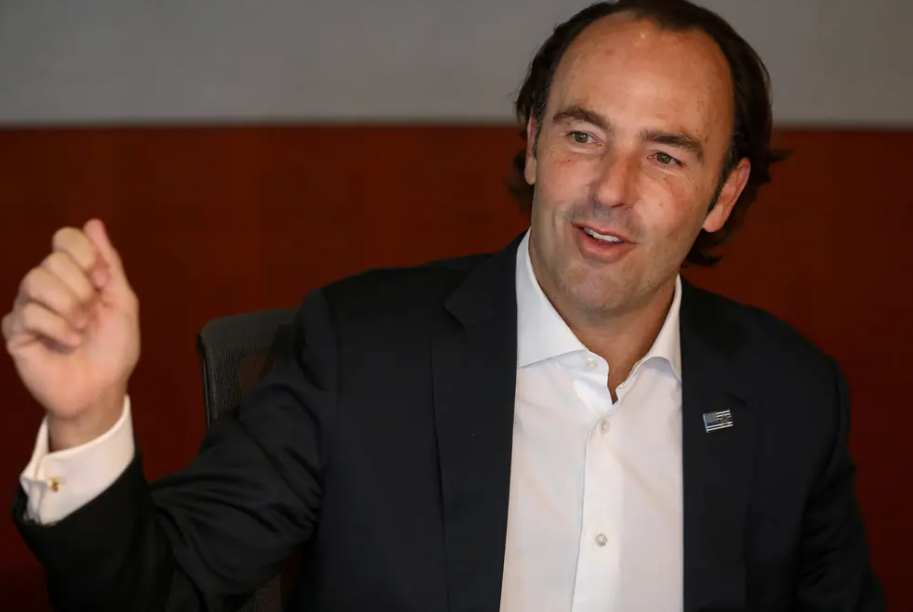ACA architect says aging is a mistake
Published 8:08 pm Thursday, September 25, 2014
What makes a recent article in The Atlantic magazine titled “Why I Hope to Die at 75” truly disturbing is who wrote it — Ezekiel Emanuel, the architect of the Affordable Care Act. Its subtitle, “An argument that society and families — and you — will be better off if nature takes its course swiftly and promptly,” makes it clear that his position has implications regarding Obamacare.
The math is simple. The ACA will work better if people die sooner.
Trending
“Americans may live longer than their parents, but they are likely to be more incapacitated,” Emanuel writes. “Does that sound very desirable? Not to me.”
He’s not advocating suicide or euthanasia, he explains, but he does say that if he is diagnosed with even a treatable illness in his later years, he won’t seek treatment.
“At 75 and beyond, I will need a good reason to even visit the doctor and take any medical test or treatment, no matter how routine and painless,” he wrote. “And that good reason is not ‘It will prolong your life.’ I will stop getting any regular preventive tests, screenings, or interventions. I will accept only palliative — not curative — treatments if I am suffering pain or other disability.”
He goes as far as saying that even now, “flu shots are out.”
This, of course, revives talk of so-called “death panels” hidden in the ACA. We need not shy away from the term. The left, and the ACA’s supporters, aren’t.
“We need death panels,” Obama advisor Steve Rattner wrote in the New York Times in 2012. “Well, maybe not death panels, exactly, but unless we start allocating health care resources more prudently — rationing, by its proper name — the exploding cost of Medicare will swamp the federal budget.”
Trending
If health care spending is really going to be reduced, then end-of-life spending must come down, he contends. Everything else is just half-measures.
“The big money in Medicare [cuts] is not to be found in Mr. Ryan’s competition or Mr. Obama’s innovation, but in reducing the cost of treating people in the last year of life, which consumes more than a quarter of the program’s budget,” he wrote. “No one wants to lose an aging parent. And with price out of the equation, it’s natural for patients and their families to try every treatment, regardless of expense or efficacy. But that imposes an enormous societal cost that few other nations have been willing to bear. Many countries whose health care systems are regularly extolled — including Canada, Australia and New Zealand — have systems for rationing care.”
That’s really what Emanuel’s article comes down to: rationing.
Now, it’s actually fine that Emanuel is making such a decision for himself. That should be the prerogative of every American and every American’s family. And it’s actually fine that Medicare is now paying for some “end-of-life” counseling sessions.
But the logic Emanuel employs can far too easily be applied by government bureaucrats and technocrats to everyone else. When limited resources have rationed, it’s only logical that the “worth” of a life be evaluated.
Is that where we want to go?







